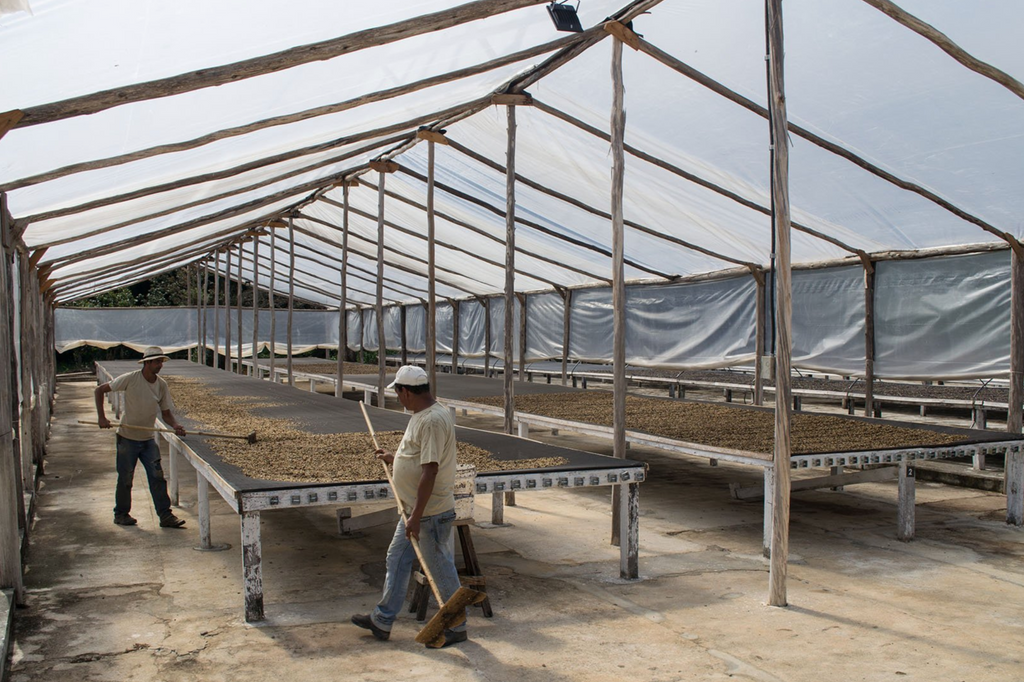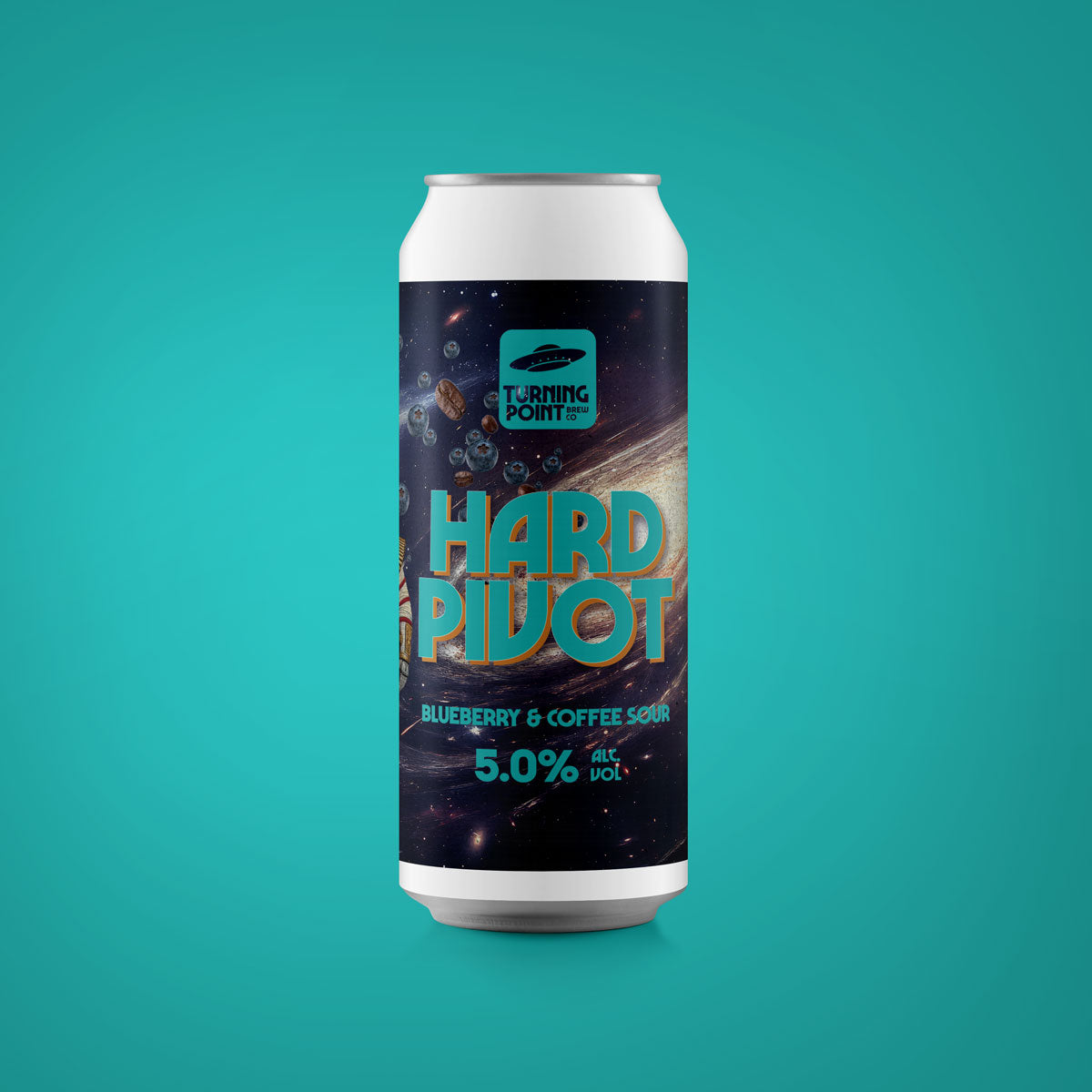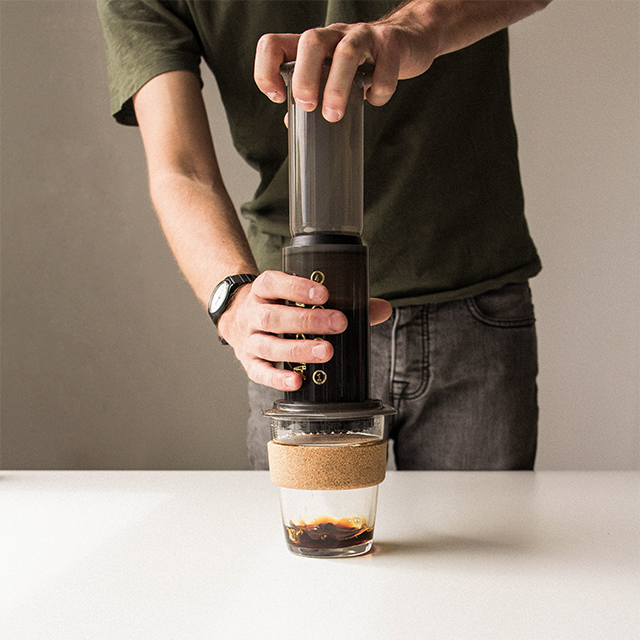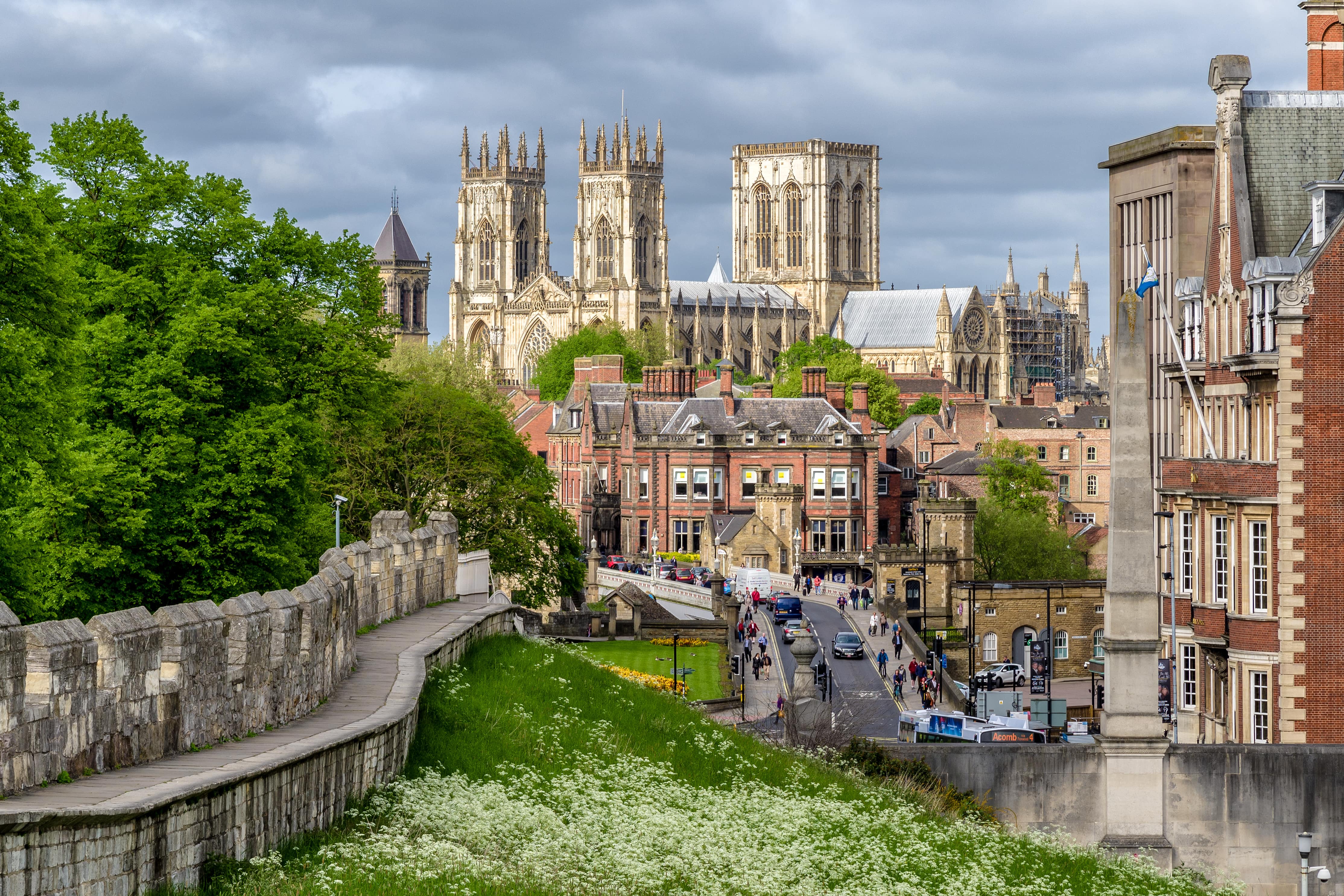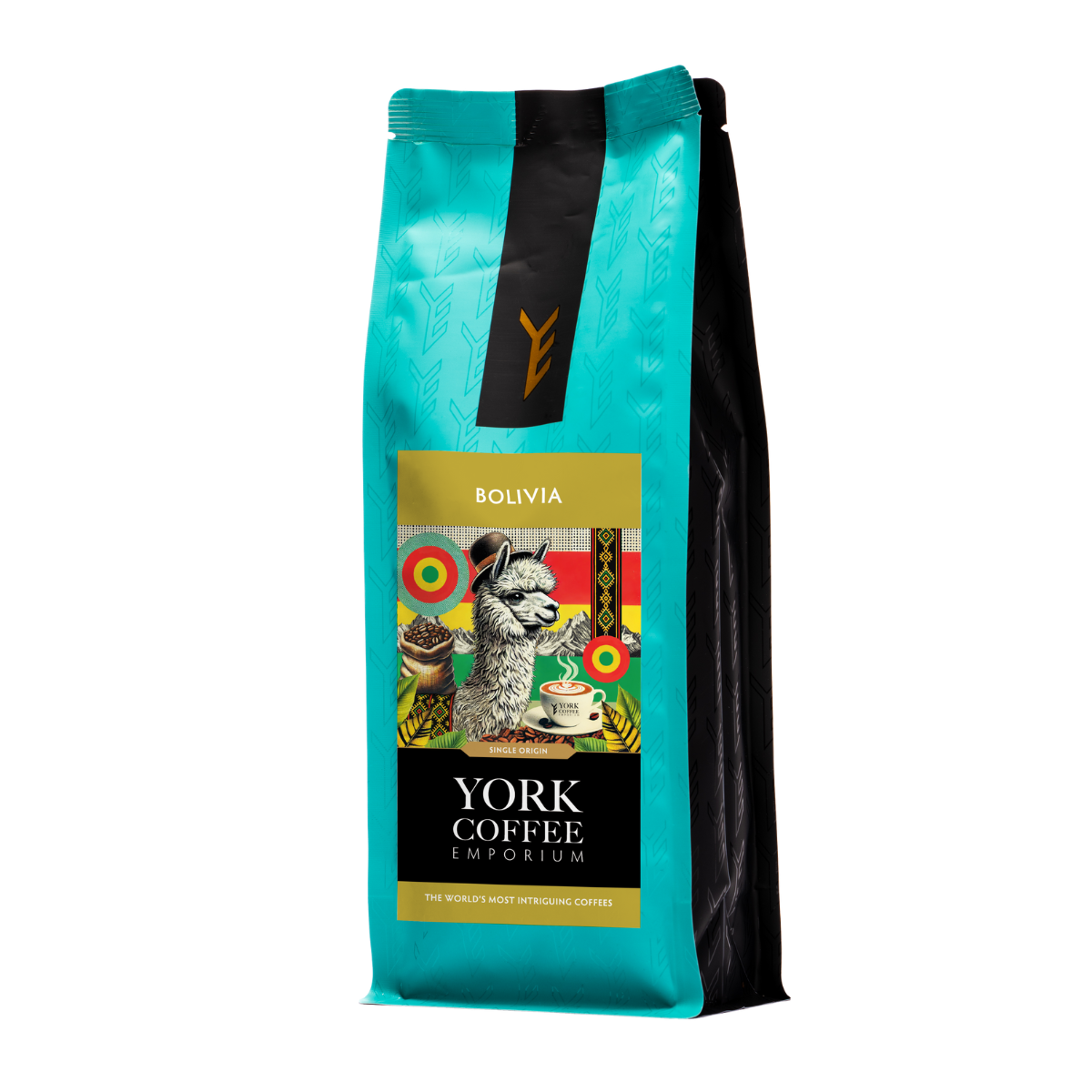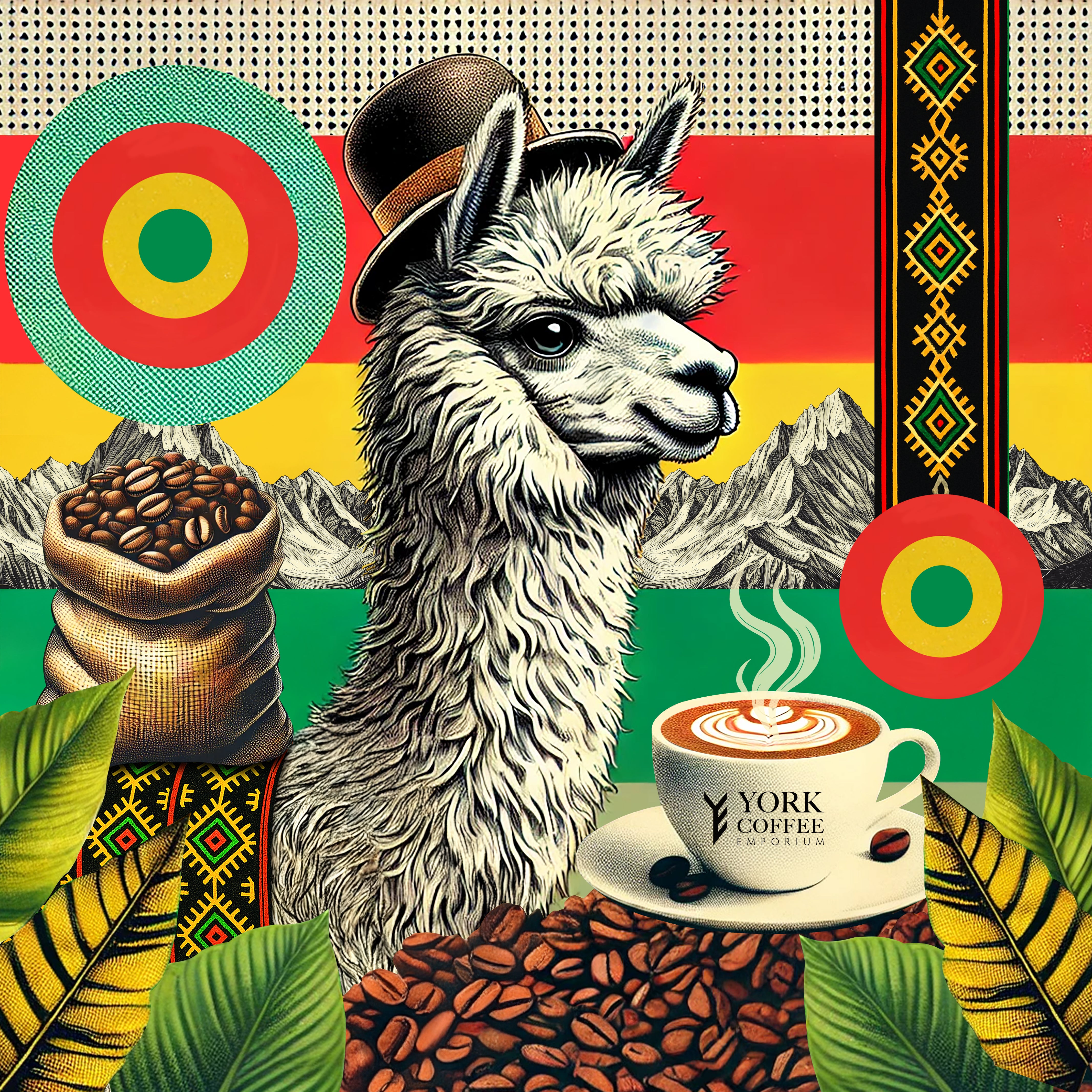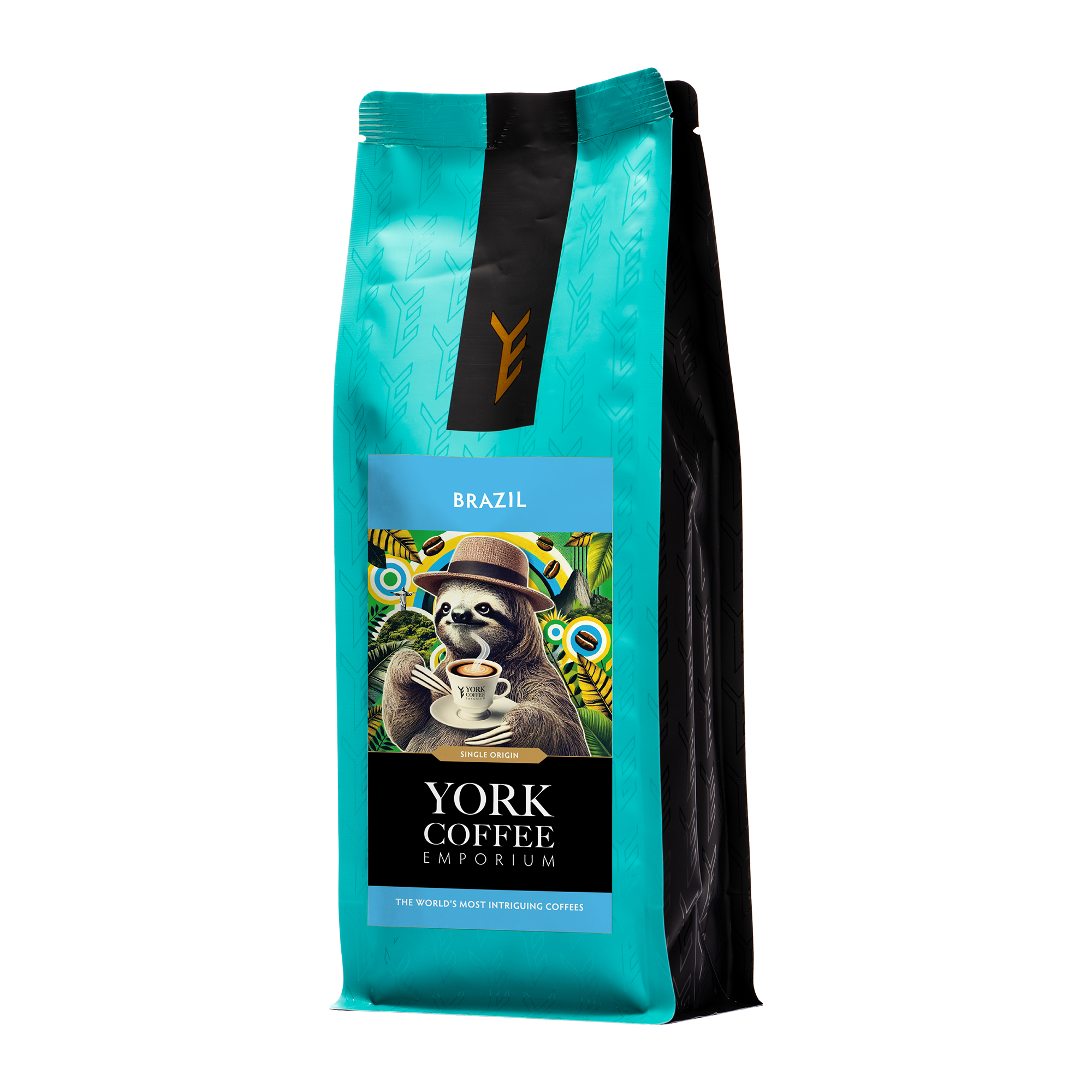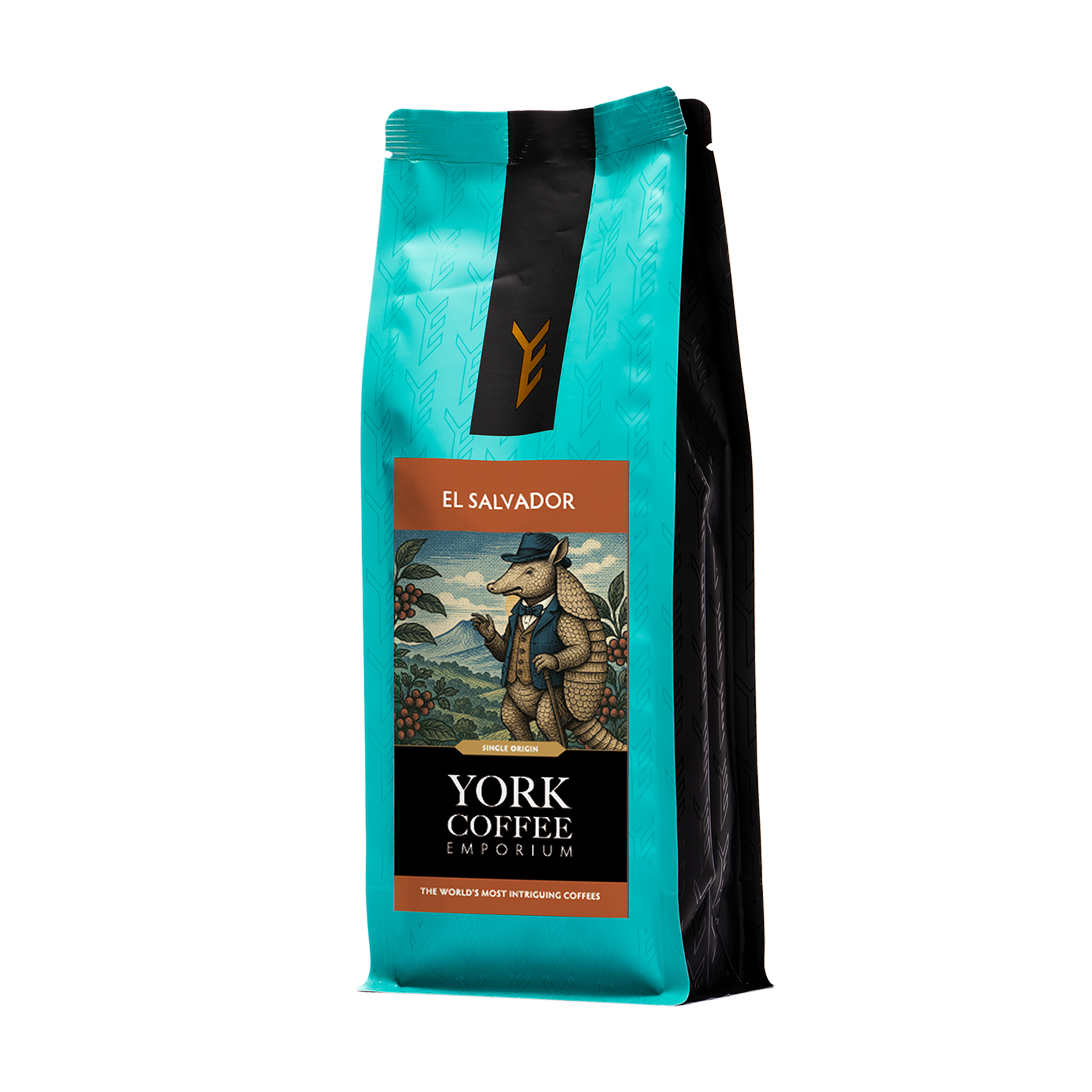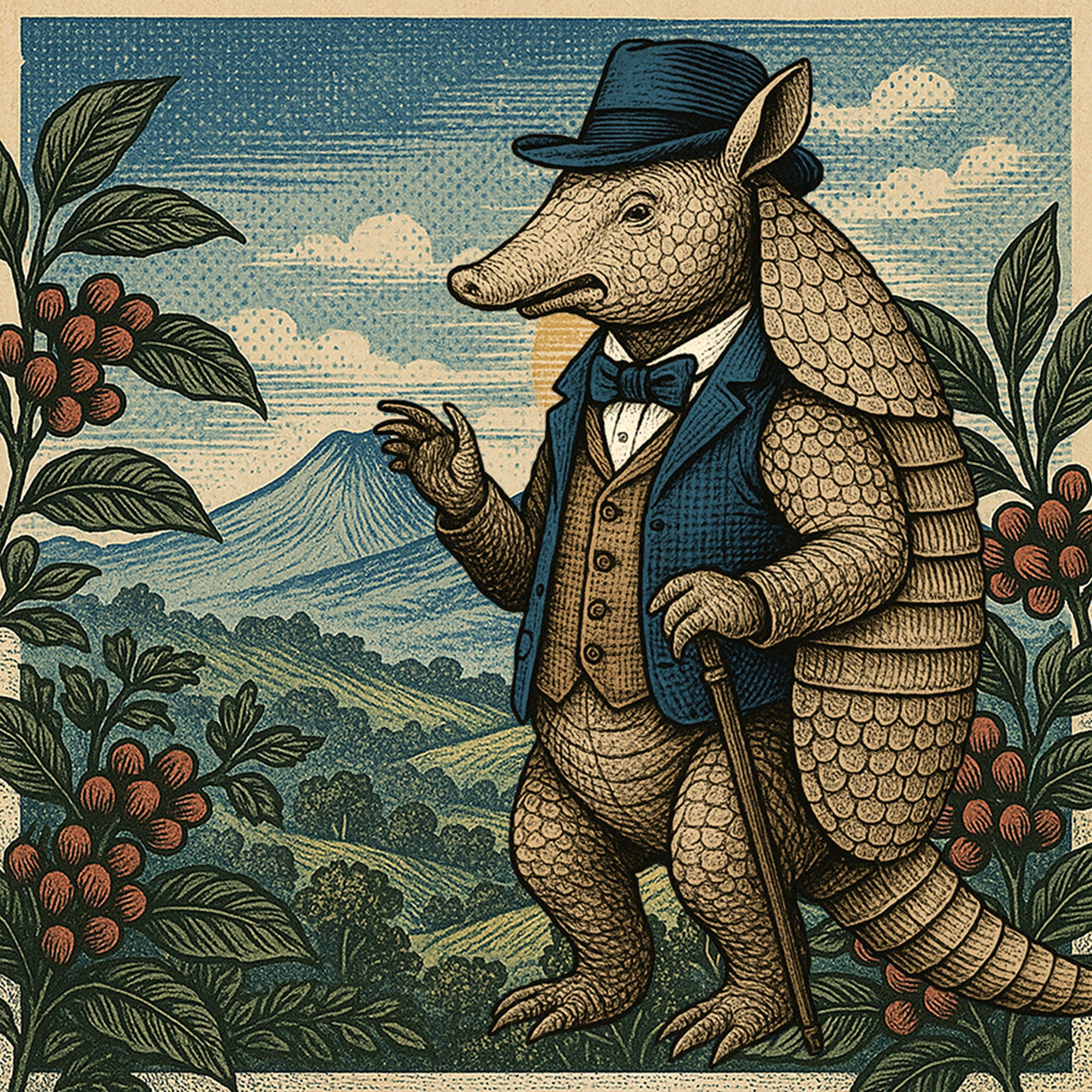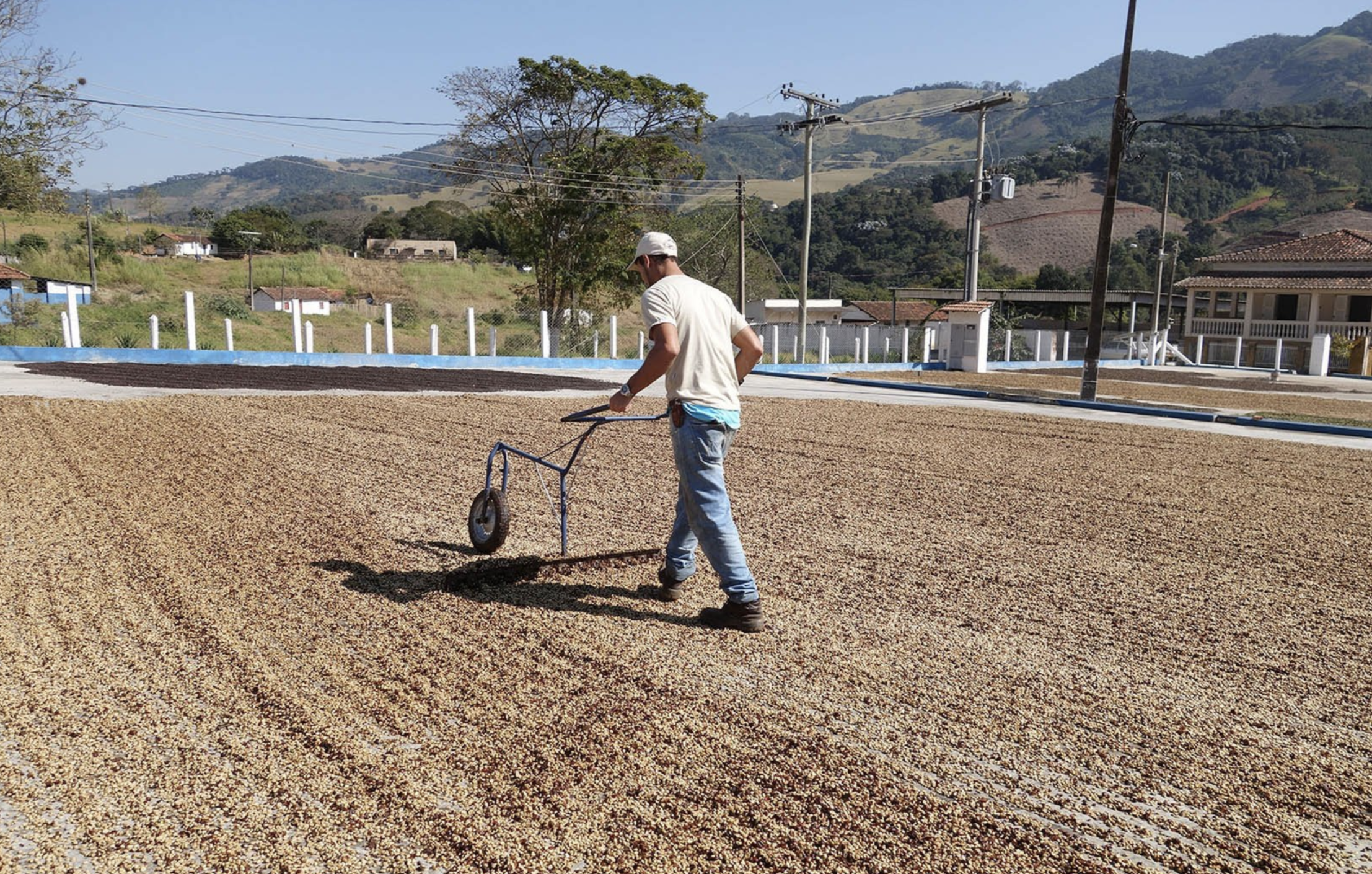
What is a pulped natural coffee?
You may have heard us mention our ‘pulped natural’ coffees, such as our Brazilian Fazenda, but may not be entirely sure what that means.
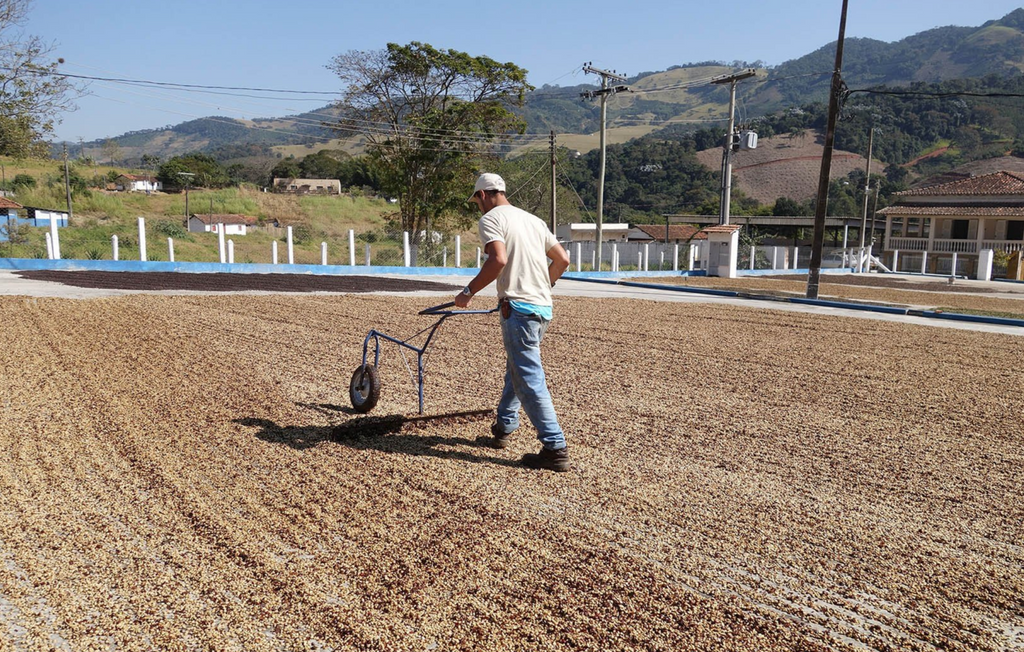
Pulped natural is a process where the skin is removed from the coffee cherry. This leaves the fruity mucilage still intact during the drying process. Mucilage is the thick, gelatinous substance produced by all plants. So basically the coffee is dried with this sticky fruit pulp still attached. The pulp is sometimes known as ‘honey’ and so pulped natural can also be known as ‘honey washed’ coffee.
The process is, in a way, a compromise between the dry (natural) method (where the beans are dried while still inside the fruit) and the wet (washed) method (where all the soft fruit residue, including skin and pulp, are scrubbed off before the coffee is dried).
Honey washed coffee makes a big impact on the coffee’s character and many producers, particularly in Central America, have been experimenting with it.
The coffees tend to be rounder in acidity than washed or wet-processed coffees, with less citrus flavours and more chocolatey sweetness. They tend to all be different in flavour profiles, which is most likely down to how the honey process is handled by different producers.
The technique was pioneered in Brazil around 15 years ago and was a simple process of just leaving the coffee to dry with pretty much all the fruit pulp still sticking to the beans. This is still the method in Brazil and Central America for the honey/pulped natural process.
